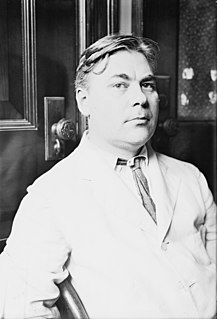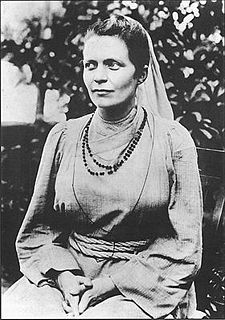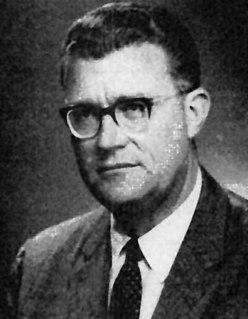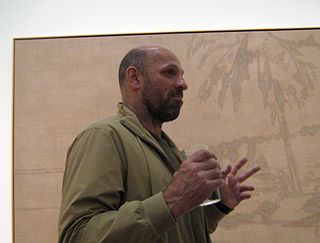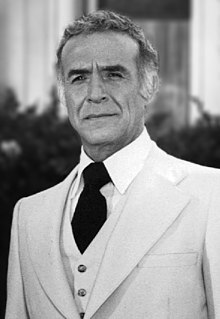A Quote by Vera Nazarian
Even for the people who are color-blind to any degree, I believe their experience would also be affected [ in Lords of Rainbow ] if everyone else too only perceived the world in colorless monochrome.
Related Quotes
In Lords of Rainbow I start out by taking away color from the world, and in the process show color's vital place in our lives. At least I hope that by the end of the book it's a portion of what the reader comes away with - a sense of how much color perception enriches our lives and how its lack can make our sensory experience incomplete.
Hinduism would not be eternal were it not constantly growing and spreading, and taking in new areas of experience. Precisely because it has this power of self addition and re-adaptation, in greater degree than any other religion that the world has even seen, we believe it to be the one immortal faith.
Writers and filmakers, that is, people who describe the world, suffer from an occupational disease. They never experience moments in life quite spontaneously. You always look at yourself from the outside. Even as a child I always observed myself and the world. I believe that everyone who chooses this path in any way, who chooses to be a describer of life, suffers from this condition. It's like a mental obsession. It can be a great pity too. It robs you of a certain joy in spontaneity.
My experience as a black woman in the industry is simply that often I was the only one in the room. Often I would be the only woman and the only person of color. Sometimes I would be one of several women but the only person of color. Sometimes I would be one of several people of color, but the only woman.
We love and care for oodles of people, but only a few of them, if they died, would make us believe we could not continue to live. Imagine if there were a boat upon which you could put only four people, and everyone else known and beloved to you would then cease to exist. Who would you put on that boat? It would be painful, but how quickly you would decide: You and you and you and you, get in. The rest of you, goodbye.
Backlock, a poet blind from his birth, could describe visual objects with accuracy; Professor Sanderson, who was also blind, gave excellent lectures on color, and taught others the theory of ideas which they had and he had not. In the social sphere these gifted ones are mostly women; they can watch a world which they never saw, and estimate forces of which they have only heard. We call it intuition.

